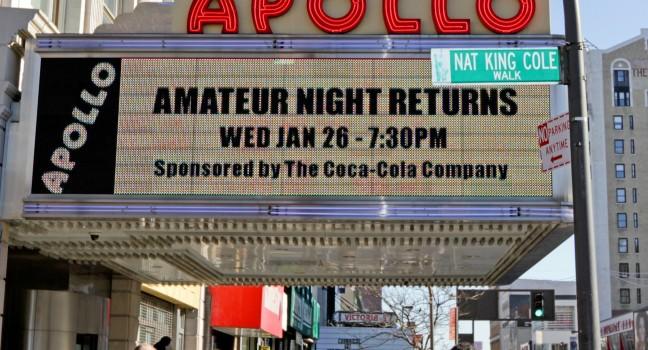Anthology Film Archives
Dedicated to preserving and exhibiting independent and avant-garde film, the Anthology Film Archives has two screening rooms (seating about 200 and 100, respectively) as well as a film repository and a library, all inside a 1919 redbrick courthouse. Cofounded in 1970 by the downtown legend and filmmaker Jonas Mekas, Anthology remains a major destination for adventurous and unusual movies, new as well as old. The Essential Cinema series delves into the works of canonized groundbreaking directors; the frequent festivals are more eclectic.




